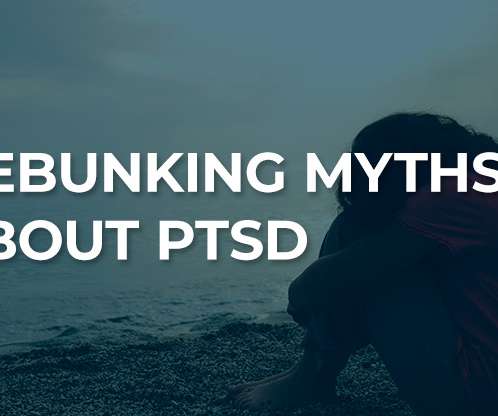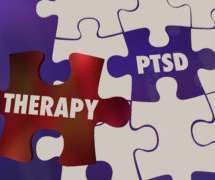Debunking Myths About PTSD
Gateway Foundation
DECEMBER 2, 2022
PTSD Is Only for Military Veterans or First Responders. Engaging in combat or seeing a person get injured or pass away can develop PTSD. Moving away from the idea that PTSD only affects military veterans or first responders is one of the best ways to destigmatize the condition and ensure people can reach out when they need help.












Let's personalize your content